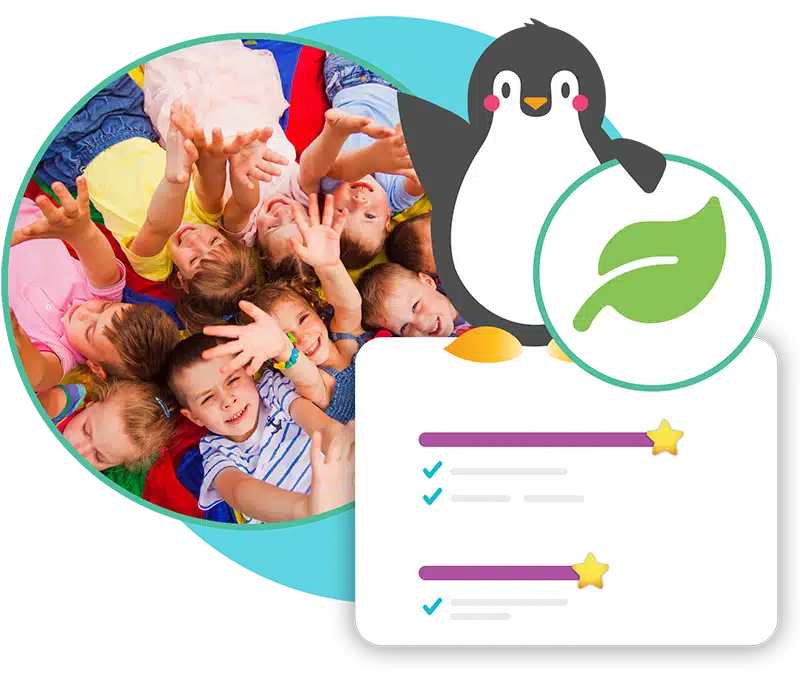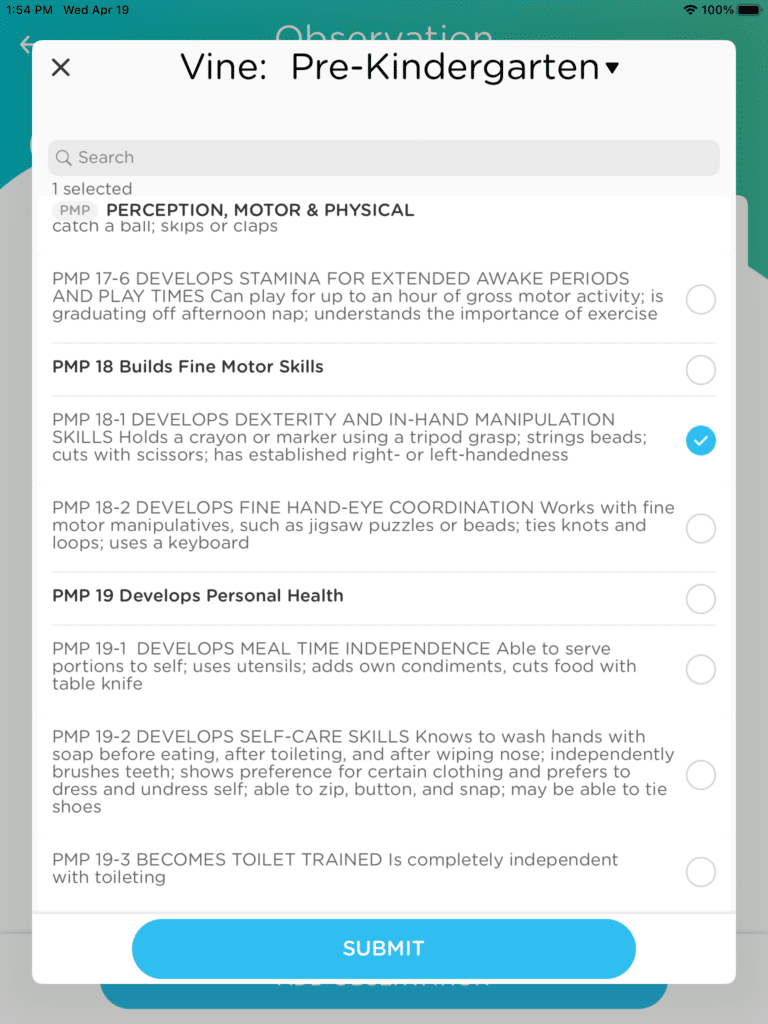
Fall assessments are instrumental in understanding a child’s development, providing a roadmap for personalized learning and fostering a positive educational experience. But for too long, many early childhood education providers have not prioritized fall assessments.
There are many reasons for this, including that the complexity of children’s development and learning makes accurate and comprehensive assessment difficult, according to the National Association for the Education of Young Children. This is because of the “uneven nature of development and the likelihood of children fully demonstrating their knowledge and skills in different contexts.”
As child care centers struggle with staffing, and many are hiring less-experienced teachers than they previously would’ve considered, it can be difficult to ensure that assessments are being done correctly and accurately.
Fall assessments are essential tools that enable educators to provide the best possible educational experience for each child, setting them on a path for success in school and beyond. Let’s take a look at why fall assessments matter in early childhood education and the benefits they bring to educators, parents and students.
Tailoring Instruction to Individual Needs
One of the main reasons that fall assessments are vital in early childhood education is their role in tailoring instruction to individual needs. Every child is unique and progresses at his or her own pace. Fall assessments help educators identify a child’s strengths, areas of improvement and developmental milestones they’ve reached.
With this knowledge, teachers can adapt their teaching methods to cater to the diverse needs of their students. This personalized approach ensures that each child receives the support he or she requires to thrive academically and socially.
This information can be used to better prepare young learners for kindergarten and give families the information they need to ensure their child is developing at the appropriate pace with a good foundation for future learning.
Early Intervention and Support
Fall assessments can uncover any potential developmental delays or learning challenges early on. Identifying such issues in the initial stages of a child’s education is crucial because it allows for timely intervention and support.
Early intervention is likely to be more effective when it is provided earlier in life rather than later, according to the Centers for Disease Control and Prevention. That’s because the connections in a baby’s brain are most adaptable in the first three years of life. These connections are the foundation for learning, behavior and health. And over time, these connections become harder to change.
Fall assessments provide a baseline for setting realistic, achievable goals for each child. These assessments help educators determine where each student stands at the beginning of the school year.
With this information, your teachers can set academic and developmental goals that are both challenging and attainable. This not only motivates students but also allows them to track their progress throughout the year, boosting their self-esteem and sense of accomplishment.
Engaging Parents and Caregivers
Assessments provide educators, parents and families with critical information about a child’s development and growth, according to the Massachusetts Department of Early Education.
Fall assessments involve parents and caregivers in their child’s education. By sharing assessment results and discussing a child’s strengths and areas of improvement, educators foster a strong partnership between home and school.
This collaboration empowers parents to actively participate in their child’s education and work to support the child’s learning experience.
How Vine Assessments Can Help!

Fall assessments provide a snapshot of a child’s development at a specific point in time. By conducting assessments at regular intervals throughout the year, educators can monitor a child’s growth and development effectively. This ongoing evaluation enables teachers to adapt their teaching strategies, curriculum, and interventions as needed, ensuring that each child continues to progress and flourish.
Software can track a child’s developmental growth, benefiting your center and the children you serve.
Procare Solutions is the only provider of child care management software to offer integrated proprietary early childhood assessments for children from birth to 5 years old at no additional cost with Vine Assessments.
Vine Assessments is an integrated framework that gives early childhood educators a way to clearly articulate the growth and development of children in their care. Its assessments align with standards in all 50 states. Teachers using Procare can tie their lessons and observations directly to the appropriate Vine Assessments indicator from the web-based software and Procare child care mobile app.
Download “Why Assessments Matter in Early Education,” a free eBook that will answer more of your questions and get you ready to include assessments in your child care program!


